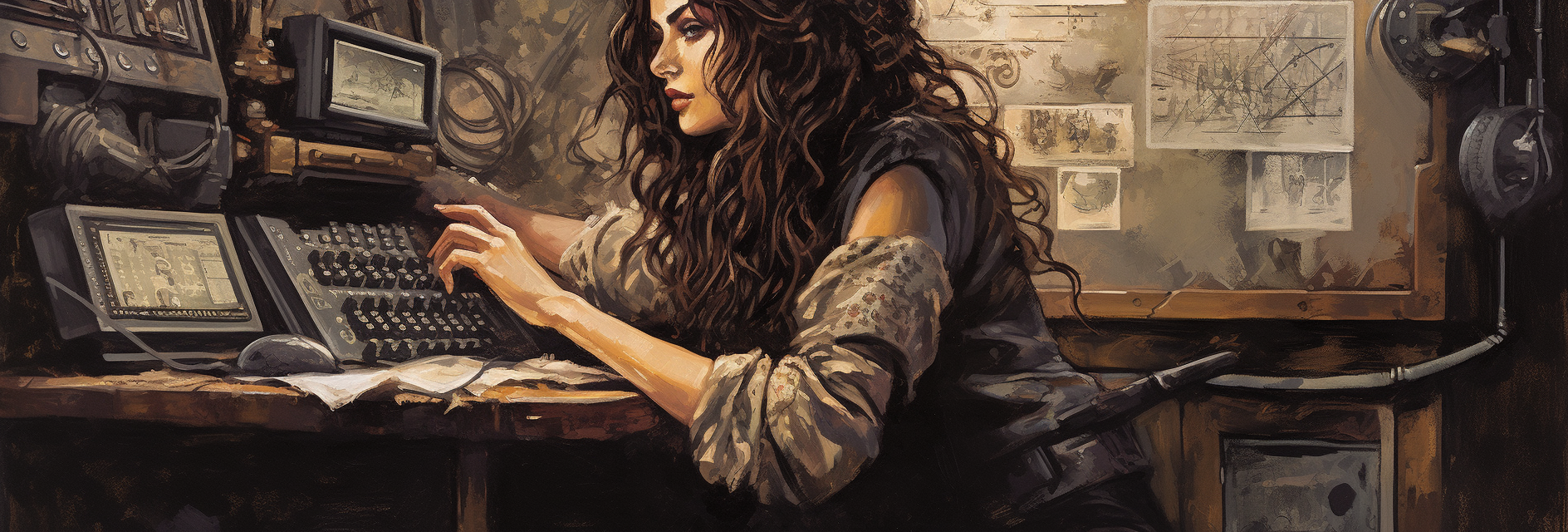Comparing Dates and Times

Ahoy there, matey! One of the most important things we need to do with dates and times is compare them. Whether we’re trying to figure out which event happened first, or which pirate had the most treasure at a certain date, comparing dates and times is an essential part of any pirate’s life. In this article, we’ll be discussing how to compare dates and times using comparison operators in the Java DateTime library.
Using Comparison Operators
The comparison operators in Java DateTime library allow us to compare two dates or times to determine their order. There are three comparison operators that we can use:
>(greater than)<(less than)==(equal to)
Let’s take a look at an example. Suppose we have two dates, date1 and date2, and we want to determine which one comes first. We can use the comparison operator < to do this.
if (date1 < date2) {
System.out.println("date1 comes before date2");
} else {
System.out.println("date2 comes before date1");
}
In this example, if date1 comes before date2, the program will print “date1 comes before date2”. Otherwise, it will print “date2 comes before date1”.
Similarly, we can use the > operator to determine if one date comes after another:
if (date1 > date2) {
System.out.println("date1 comes after date2");
} else {
System.out.println("date2 comes after date1");
}
And finally, we can use the == operator to determine if two dates are equal:
if (date1 == date2) {
System.out.println("date1 and date2 are the same");
} else {
System.out.println("date1 and date2 are different");
}
It’s important to note that these operators only work on objects of the same type. So if we’re comparing a date and a time, for example, we’ll need to convert one of them to the other type first.
Using Comparison Methods
In addition to comparison operators, the Java DateTime library also provides several methods that we can use to compare dates and times. These methods are part of the Comparable interface, which is implemented by all date and time objects in the library.
One of the most commonly used comparison methods is compareTo(). This method compares two date or time objects and returns an integer value that indicates their order. If the first object is before the second object, compareTo() returns a negative value. If the first object is after the second object, it returns a positive value. And if the two objects are equal, it returns 0.
Let’s take a look at an example. Suppose we have two LocalDateTime objects, dateTime1 and dateTime2, and we want to compare them using compareTo():
int result = dateTime1.compareTo(dateTime2);
if (result < 0) {
System.out.println("dateTime1 comes before dateTime2");
} else if (result > 0) {
System.out.println("dateTime1 comes after dateTime2");
} else {
System.out.println("dateTime1 and dateTime2 are the same");
}
In this example, compareTo() returns a negative value if dateTime1 comes before dateTime2, a positive value if dateTime1 comes after dateTime2, and 0 if they are the same.
Another useful comparison method is isBefore(). This method returns a boolean value that indicates whether the first date or time is before the second dateor time. Let’s take a look at an example:
if (dateTime1.isBefore(dateTime2)) {
System.out.println("dateTime1 comes before dateTime2");
} else if (dateTime1.isAfter(dateTime2)) {
System.out.println("dateTime1 comes after dateTime2");
} else {
System.out.println("dateTime1 and dateTime2 are the same");
}
In this example, isBefore() returns true if dateTime1 comes before dateTime2, and false otherwise.
Similarly, we have isAfter(), which returns a boolean value indicating whether the first date or time is after the second date or time:
if (dateTime1.isAfter(dateTime2)) {
System.out.println("dateTime1 comes after dateTime2");
} else if (dateTime1.isBefore(dateTime2)) {
System.out.println("dateTime1 comes before dateTime2");
} else {
System.out.println("dateTime1 and dateTime2 are the same");
}
In this example, isAfter() returns true if dateTime1 comes after dateTime2, and false otherwise.
Conclusion
In conclusion, comparing dates and times is an essential part of working with them, and the Java DateTime library provides several tools for doing so. We can use comparison operators like <, >, and == to determine the order of two date or time objects. We can also use comparison methods like compareTo(), isBefore(), and isAfter() to achieve the same result. By mastering these tools, you’ll be able to compare dates and times like a true pirate!
Using Comparison Methods (continued)
Another useful comparison method is isBefore(). This method returns a boolean value that indicates whether the first date or time is before the second date or time. Here’s an example:
if (dateTime1.isBefore(dateTime2)) {
System.out.println("dateTime1 comes before dateTime2");
} else {
System.out.println("dateTime1 comes after or is the same as dateTime2");
}
In this example, if dateTime1 comes before dateTime2, the program will print “dateTime1 comes before dateTime2”. Otherwise, it will print “dateTime1 comes after or is the same as dateTime2”.
There are also isAfter() and isEqual() methods that work similarly to isBefore(), but check if the first date or time is after or equal to the second date or time.
Conclusion
Comparing dates and times is a fundamental part of working with them in any programming language, and the Java DateTime library provides a variety of ways to do it. By using comparison operators and methods, we can easily determine the order of different dates and times, which is essential for many real-world applications.
We hope that this article has been helpful in teaching you how to compare dates and times in Java. Remember to always double-check your code to ensure that it’s doing what you intend it to do. Happy coding, and may the winds always be at your back!